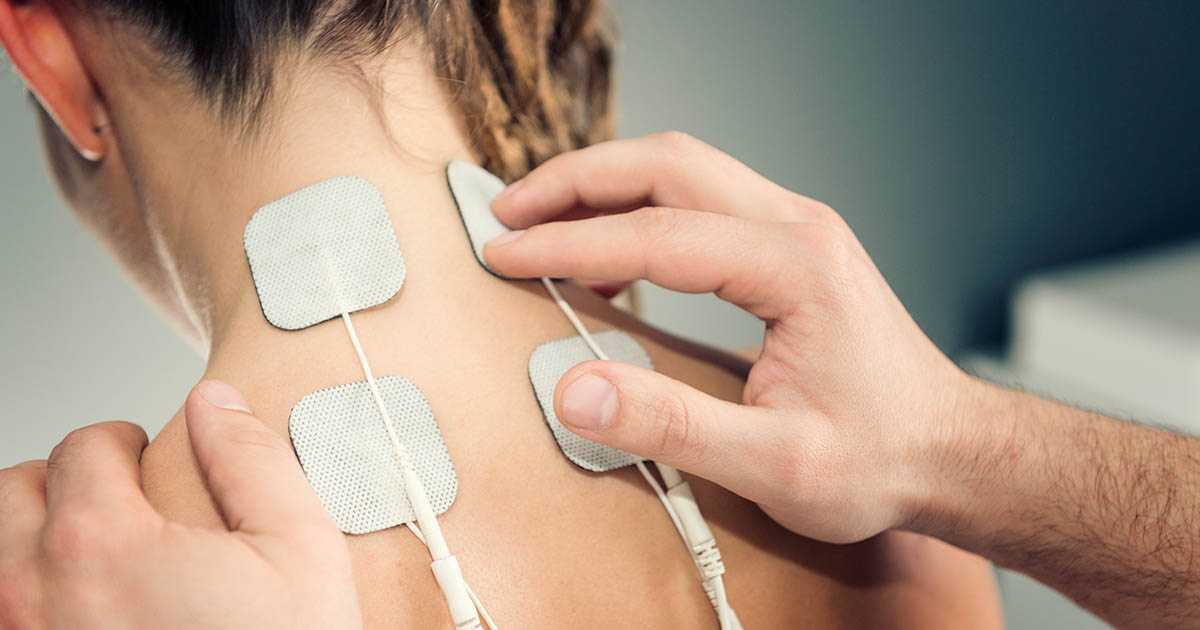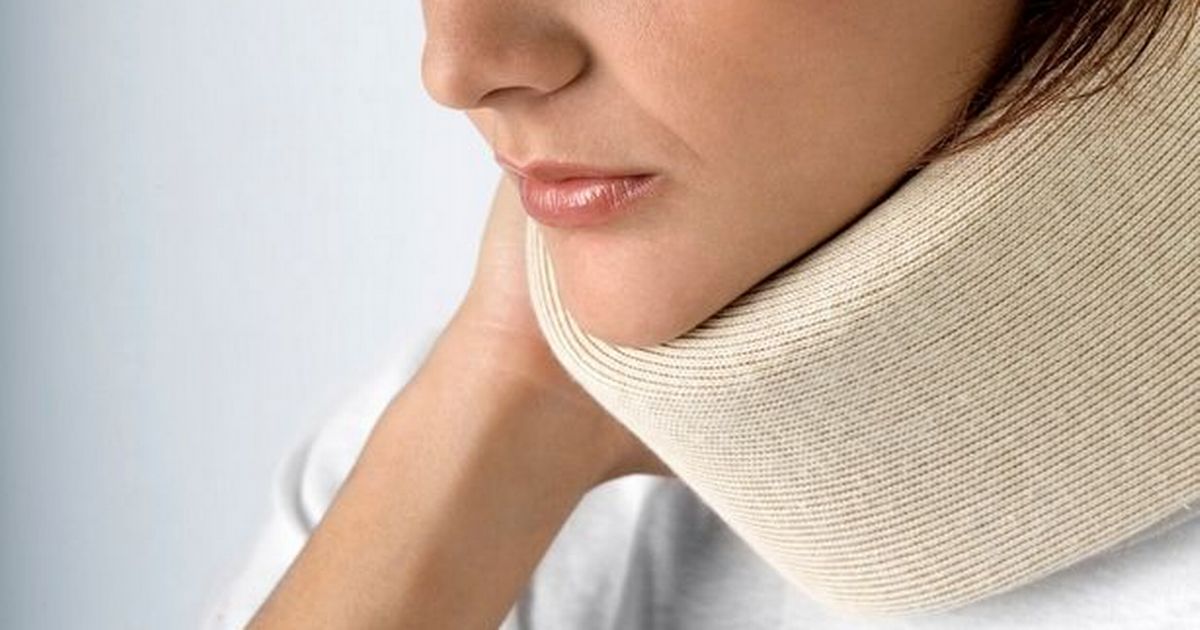Treatment Options For Lhermitte's Sign
Lhermitte's sign is a sudden unpleasant sensation that radiates from the top of the neck and down the spine. It is considered to be a neuropathic pain flare up triggered by certain movements of the head and neck. Individuals who have experienced Lhermitte's sign often describe it as an electric shock or a strong vibration. Lhermitte's sign has a strong association with a diagnosis of multiple sclerosis because the sensation is caused by nerve cells with no myelin on them. Multiple sclerosis is a disease where the immune system attacks nerve cells and destroys the myelin sheath protecting them. Other causes of Lhermitte's sign include vitamin B12 deficiency, spinal cord compression, transverse myelitis, lupus, disc herniation, and Bechet's disease. Learn about the options available for treating Lhermitte's sign now.
Improve Overall Posture

Improvement of posture refers to the proper alignment of the head in relation to the neck and spine. The poor posture most associated with Lhermitte's sign is the forward head posture that puts the weight of the head in front of the shoulders rather than right above them. This places unnecessary stress and pressure on the cervical spine, which can trigger Lhermitte's sign. Additionally, the muscles responsible for holding up the weight of the head are continuously compensating for the increased pull of gravity on the head from the forward head posture. A hunched upper back can also cause strain on the neck muscles that can trigger the onset of Lhermitte's sign. A physiotherapist who specializes in the areas of stiffness, spasms, spasticity, balance, and correction of posture. can provide techniques and help improve a patient's overall posture.
Keep reading for more on how to treat Lhermitte's sign now.
Treatments Through Medication

Numerous types of medications may be used to help treat frequent or excessive Lhermitte's sign. If treatments through medication are available to treat the underlying cause of Lhermitte's sign, they will be prescribed first. Anticonvulsants or anti-seizure drugs have been shown to help stand in place of myelin and protect nerves that have little to no myelin sheathing, which inhibits the main trigger of Lhermitte's sign. Muscle relaxing medications can also be prescribed to help reduce the occurrence of the sensation, as they stop spasms of the neck muscles that can induce Lhermitte's sign. In addition, steroid medications may be prescribed as they are powerful anti-inflammatory agents that work the same as the naturally occurring adrenal gland producing anti-stress hormones. Antidepressants, sodium channel blockers, and traditional pain medications may be prescribed as well for Lhermitte's sign due to their pain signal blocking properties.
Get familiar with more Lhermitte's sign treatment options now.
Transcutaneous Electrical Nerve Stimulation

Transcutaneous electrical nerve stimulation is where pain is treated using electric currents with low voltage through electrodes. The electrodes are placed on the body where an individual is experiencing pain and then they send electricity through the nerve fibers to interfere with pain receptors. The signals from the pain receptors to the brain are blocked by the electrically charged current the electrodes introduce to the nerves. In most cases, a compact battery powered machine and all necessary parts are provided to the patient for use at home. The safe and correct settings are adjusted on the machine by a physical therapist, acupuncturist, or a physician. The machine can be specially customized to an individual's needs. The patient is taught how to operate the machine properly and safely in order to use it at home when needed for the short term Lhermitte's sign pain flare-ups. This treatment option is ideal for patients who do not experience adequate pain relief from meditation and do not want to use pharmaceutical methods to treat their pain associated with Lhermitte's sign.
Discover more ways to treat Lhermitte's sign now.
Supportive Neck Collar

A supportive neck collar is usually made of soft material and goes around the cervical part of the spine or the neck. The collar provides bracing support and better stability to the neck. Some specialized braces are used to help treat neck posture issues, which can help alleviate pains from Lhermitte's sign poor posture has triggered. A neck collar may also be used to restrict specific sudden movements of the neck that have been determined to be the trigger for Lhermitte's sign flare-ups. Close monitoring is required throughout the time where a neck collar method is being utilized for pain management associated with Lhermitte's sign. This is because keeping muscles immobilized for a certain amount of time can result in the weakening of the muscles and the loss of mobility when not wearing the neck collar. This is usually not a long term solution for Lhermitte's sign pain, and it is also not the first approach to pain management.
Understand more strategies for treating Lhermitte's sign now.
Relaxing Meditation

The onset of Lhermitte's sign is often a result of excessive stress if not caused by certain movements. When an individual experiences mental, emotional, or physical stress, the body secretes a hormone called epinephrine, or the stress hormone. This hormone can actually exacerbate the extent of pain and inflammation of nerves and nerve fibers. Adequate stress management can make a huge difference in patients experiencing Lhermitte's sign by stopping one of the pain triggers. Relaxing meditation allows for selective modulation of nerve pathways and the pain signals that flow through them to the brain. Much similar to the same reasons antidepressants are prescribed to help treat pain resulting from Lhermitte's sign, relaxing meditation can help eradicate stressful negative emotions and stop a persistent mentally negative state. Meditation also plays a big role in loosening up tension in the neck muscles to help reduce muscle spasms that induce Lhermitte's sign. Finally, meditation techniques utilize the element of good and healthy posture positions and poses, which can help an individual get into a better habit of having good back, neck, and head alignment.